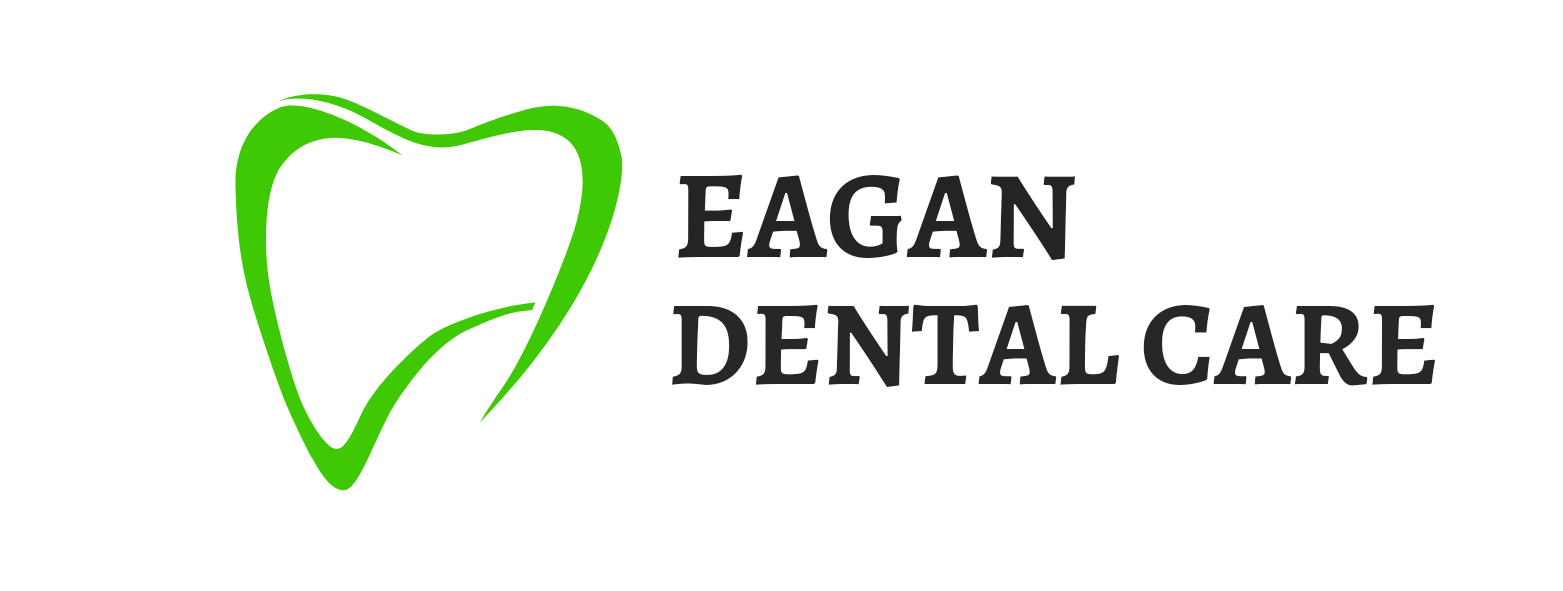Understanding the Importance of Oral Health
For many people, oral health is often overlooked as an isolated aspect of personal hygiene, when in fact, it plays a crucial role in our overall health and wellbeing. The mouth is a gateway to the body, and research is continually uncovering the significant connections between oral health and systemic diseases. Good oral hygiene practices, such as regular brushing and flossing, the use of fluoride, and periodic dental check-ups, lay the foundation for a healthy body.
The Oral-Systemic Connection
Cardiovascular Health
One of the most studied areas is the link between oral health and cardiovascular diseases, including heart disease and stroke. Chronic oral infections, particularly periodontal disease, have been associated with an increased risk of heart conditions. Researchers believe that inflammation caused by periodontal disease could be a contributing factor to cardiovascular diseases, as bacteria from the mouth may enter the bloodstream and promote clot formation.
Diabetes
The relationship between diabetes and oral health is reciprocal. Individuals with diabetes are at a higher risk for developing gum diseases, and oral infections can make it more difficult to control blood sugar levels. Elevated blood sugar levels, in turn, provide an ideal environment for oral bacteria to thrive, exacerbating oral health issues. This bidirectional influence emphasizes the need for stringent oral hygiene among diabetic patients.
Respiratory Health
Oral health can also affect respiratory conditions, as the mouth harbors a variety of bacteria that can be aspirated into the lungs, leading to infections such as pneumonia, especially in vulnerable populations like the elderly or those with compromised immune systems. Maintaining good oral hygiene can help mitigate the risk of these infections, underlining the importance of oral health in respiratory wellbeing.
Impacts on Mental Health and Quality of Life
Beyond systemic diseases, oral health has a profound impact on mental health and overall quality of life. The aesthetic and functional aspects of oral health can influence a person’s self-esteem, social interactions, and even employment opportunities. Dental issues such as missing or decaying teeth can lead to embarrassment, affecting one’s willingness to smile or speak confidently. This can result in social anxiety and depression, perpetuating a cycle that further deteriorates oral health and mental wellbeing.
Oral Health and Nutrition
Proper nutrition is closely linked to oral health. The state of one’s teeth and gums directly affects the ability to chew and digest food, which in turn affects nutrition. Malnutrition can be both a cause and effect of poor oral health. For instance, tooth decay or loss might lead individuals to choose softer, potentially less nutritious foods, while a lack of essential nutrients can weaken the physical structure of teeth and gums, making them more susceptible to disease.
Preventive Measures and Lifestyle Choices
Adopting a comprehensive approach to oral health involves more than just personal hygiene practices. Lifestyle choices such as diet, smoking, and alcohol consumption also play significant roles. A balanced diet rich in vitamins and minerals supports healthy teeth and gums, while smoking and excessive alcohol use have been linked to oral cancer and various dental issues. Regular dental visits provide an opportunity for early detection and management of potential problems, preventing more severe health implications.
The Role of Fluoride and Sealants
Fluoride has been proven to strengthen enamel and prevent tooth decay. Its inclusion in community water supplies and toothpastes is a public health success story, contributing significantly to the decline in dental caries over the decades. Similarly, dental sealants are effective in preventing decay in the intricate grooves and pits of teeth by providing a protective barrier.
Dental Innovations and Future Outlook
Advancements in dental technology continue to improve our ability to maintain oral health and address dental issues with greater precision and comfort. Innovations such as digital X-rays, laser therapies, and biocompatible materials have transformed dental care, making prevention and treatment more efficient and less invasive. Looking forward, personalized dental care plans, supported by technological advancements and a growing understanding of the oral-systemic link, hold promise for an integrated approach towards enhancing both oral and overall health.
Oral health is undeniably interconnected with our overall wellbeing. It is essential to acknowledge the integral role it plays in maintaining our health by understanding potential systemic connections, psychological impacts, and the importance of preventive care. By taking proactive steps to uphold oral hygiene and making informed lifestyle choices, we are not just preserving our teeth and gums, but also safeguarding our general health.

